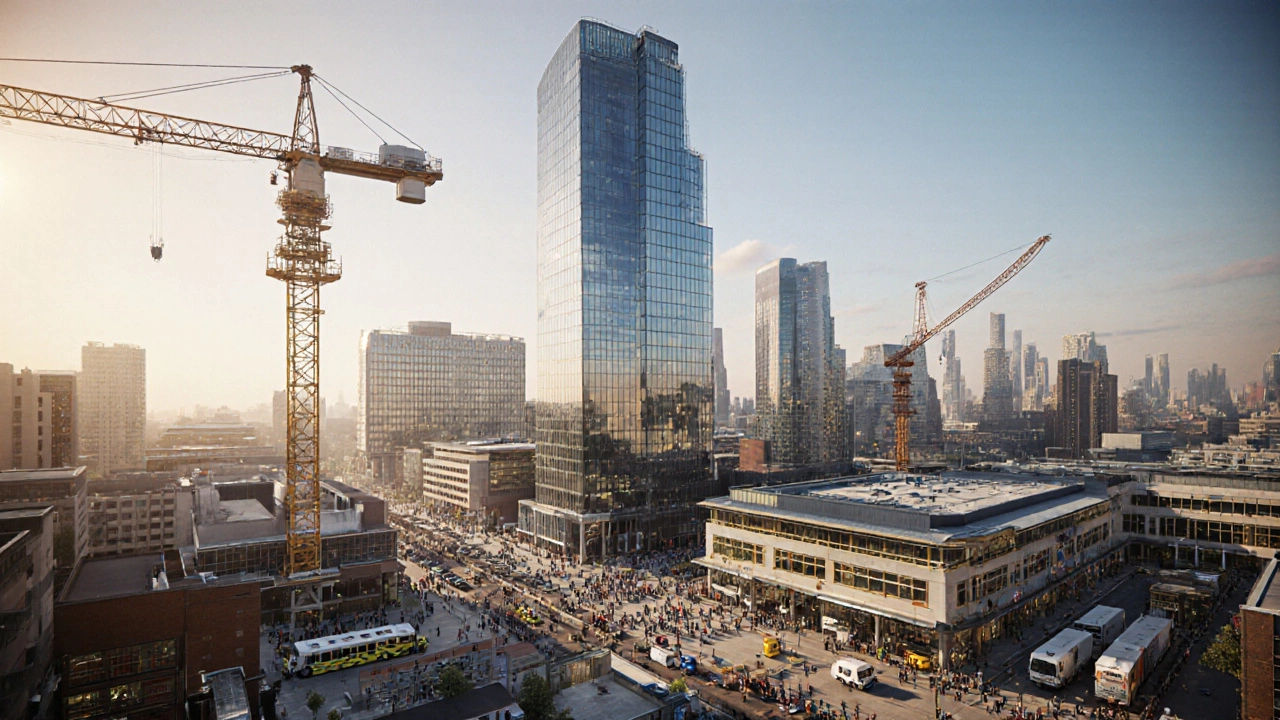What Is Classified as Commercial in Construction?
Learn what makes a building commercial in the UK, the legal definitions, typical types, and why classification matters for compliance, contracts and financing.
When you're building, renovating, or even just drilling into a wall in the UK, you're dealing with UK building regulations, a set of legal standards that control how buildings are designed, built, and altered to ensure safety, energy efficiency, and accessibility. Also known as Building Regulations 2010, these rules aren't suggestions—they're enforced by local authorities, and skipping them can cost you time, money, or even your permit. Whether you're putting up a new home, adding a bathroom, or converting a garage, these regulations shape every decision you make.
These rules connect directly to other key parts of construction. For example, construction types, like timber frame, steel, or masonry structures must meet specific fire safety and load-bearing standards under Part B and Part A of the regulations. Then there's building codes, the detailed technical guidelines that tell you how to meet those standards—like how deep foundations must be, what insulation levels are required, or where electrical wiring can run. And if you're working on a new build, you’ll also need to follow rules around new build materials, including limits on carbon emissions and requirements for sustainable sourcing. These aren’t just paperwork—they affect how your project is built, how much it costs, and whether it passes inspection.
You’ll find these rules come up often in real projects. Drilling into a new wall? You need to know where services are hidden. Doing a bathroom remodel? The layout must allow for proper drainage and ventilation. Extending your house? You might be under permitted development rules, but only if you stick to size and height limits. Even foundation repairs have to follow structural guidelines so they don’t create new problems. The posts below cover exactly these situations—real cases, real costs, real mistakes people make when they ignore or misunderstand the rules. Whether you’re a homeowner, a contractor, or just planning a DIY job, you’ll find clear answers here on what’s allowed, what’s risky, and what happens if you cut corners.

16 October
Learn what makes a building commercial in the UK, the legal definitions, typical types, and why classification matters for compliance, contracts and financing.